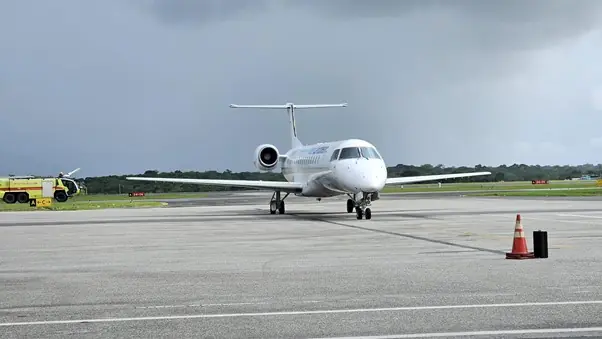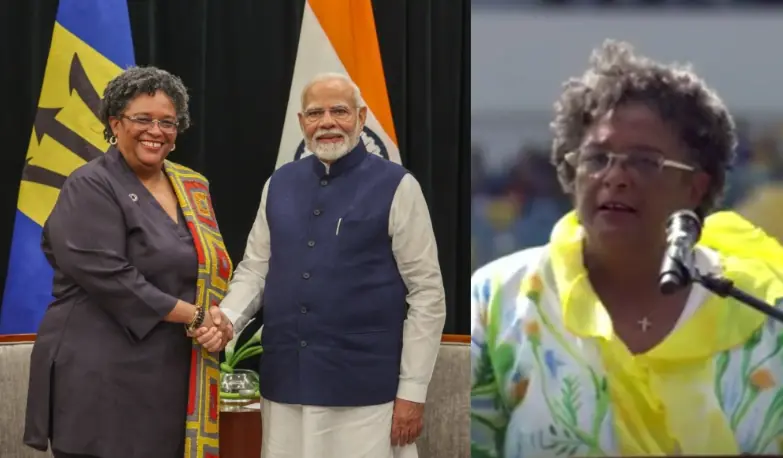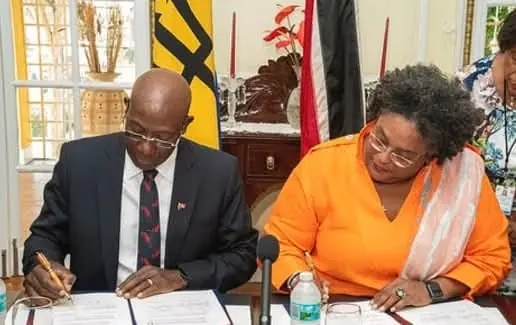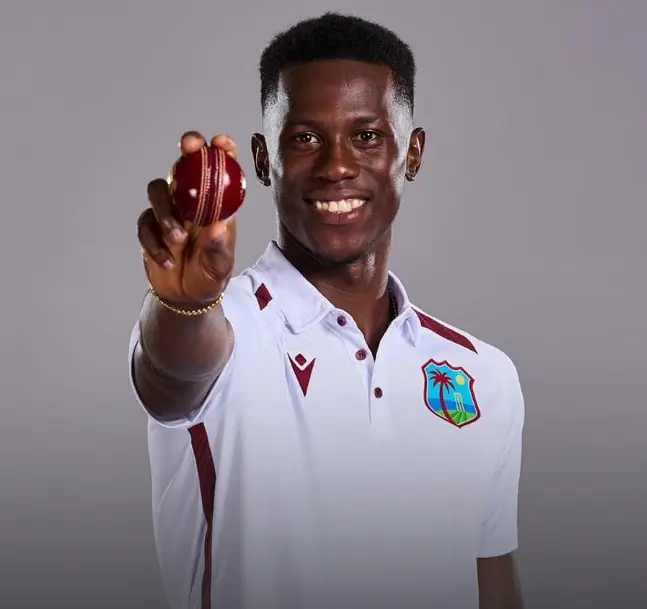Peace talks between Guyana and Venezuela to be held in SVG
Peace talks between Guyana and Venezuela to be held in St Vincent and the Grenadines, mediated by PM Gonsalves, PM Skerrit and President Lula da Silva.
11th of December 2023

Peace talks will be held between the Presidents of Guyana and Venezuela in St Vincent and the Grenadines to relieve the tension between both sides regarding the dispute over the Essequibo region.
Following intense debate on the matter at international forums such as the United Nations and the International Court of Justice, provisional measures were issued to protect Guyana’s borders. Despite these efforts, Venezuela went ahead with a “consultive referendum” recently.
The referendum is being seen as a show of intent to annex the disputed territory by Venezuela. These doubts have arisen, considering the fact that the referendum suggests Venezuela should occupy the disputed region and give citizenships to current and future residents of the area.
Naturally, these developments have Guyana and its allies on edge, and the nation is unsure of what the future holds in regard to Venezuela.
To avoid what seems like an impending conflict, the two sides have decided to meet on neutral ground in St Vincent and the Grenadines to discuss their issues.
Prime Minister Ralph Gonsalves of St Vincent and the Grenadines, who also happens to be the head of the Community of Latin American and Caribbean States (CELAC) and Brazilian President Luiz Inácio Lula da Silva played a significant role in brokering this meeting.
Both leaders spoke to President Nicholas Maduro via phone call and proposed the meeting which is scheduled for the 14th of December.
One must also take note of the fact that President Lula de Silva and CARICOM Chairman Prime Minister Roosevelt Skerrit have also been invited to the meeting.
Prime Minister Roosevelt Skerrit has expressed his concerns regarding the dispute and has been deeply involved in the conversation around finding a solution which both parties are amicable to.
Prime Minister Ralph Gonsalves explained the primary agenda of the meeting in a statement, “discussion would relate to matters consequential upon the border controversy which exists between Guyana and Venezuela.”
PM Gonsalves stated that since the two nations have failed to converse and have seen their relations sour, the meeting aims at ensuring peace in the region. According to him, the Government of St Vincent and the Grenadines has friendly relations with both nations and would prefer it if they could avoid a conflict.
Prime Minister Gonsalves added that, “I can’t answer what is going to be the outcome. What I do know with certainty, that it is better for people in conflict to be talking. You can resolve misunderstandings — agent provocateurs can create challenges also. And if you’re talking, and you’re respectful, and you’re mature and understanding and wise, and you take your populations along with you in that particular process, you are less likely to end up with threats of force or the actual use of force.”
Despite the tension between Guyana and Venezuela, PM Gonsalves is confident that the leaders of both nations can find a way to resolve the problem by being respectful, calm and patient towards each other.
He has also said that it would take a great deal of maturity for both leaders to be open to each other’s perspectives and needs.
PM Gonsalves was questioned about the reasons behind holding this meeting when the matter is being looked at by the International Court of Justice as well. To this he responded by saying that there are many matters to address in this dispute, some of which can be dealt with better through mediation by regional parties rather than international arbitration.
Prime Minster Gonsalves also said the following, “And the matter of the commitment to international law, the commitment to peace, to maintain the region as a zone of peace, and not to go to open conflict.”
“All those things are of great importance. And I’m sure when leaders sit down, they will search for and find modalities to continue to maintain a peaceful coexistence. They are neighbours. Guyana and Venezuela are neighbours. You can’t take up either of them and carry them to Vladivostok. They are where they are and they have to live together” he added.
There is also the hope that the Organisation of American States (OAS) will debate the issue, which might lead to action being taken against Venezuela.
Having said that, the mediators currently wish to initiate dialogue between both parties and are attempting to clear all hurdles that might jeopardize this initiative.
UNSC takes no action against Venezuela
The United Nations Security Council assembled for a closed-door meeting at the behest of Guyana on Friday to discuss Venezuela’s referendum, laying claim to the mineral rich Essequibo region.
The 15 member nations clarified that international law must be respected by both parties and that the ruling issued by the International Court of Justice was to be followed diligently by both nations.
The Foreign Minister of Guyana, Hugh Hilton Todd, wrote to the President of the Security Council, accusing Venezuela of violating the UN Charter in an attempt to take Guyana’s territory.
The Essequibo region is 61,600-square-mile (159,500-square-kilometer) in area and makes up two-thirds of Guyana’s entire land mass. Venezuela on the other hand, has been recognized as the world’s largest oil reserve, far from a nation that needs to annex Essequibo.
While President Irfaan Ali of Guyana has accused Venezuela of violating the ruling issued by the International Court of Justice on the 1st of December, Venezuela’s Government has shot back by accusing him of allowing the Southern Command of the US Military to enter the disputed region.
As shots fly back and forth between both nations, it is clear that the issue must be addressed through mediation by regional partners who have the best interests of the region in mind.
Thus, the meeting in St Vincent and the Grenadines is of great significance, not just to Guyana and Venezuela, but also to other nations that call the Caribbean and Latin American regions home.
Latest
- Two Ambassador cruise ships dock in St Kitts
-
Three charged in murder of Teacher in Jamaica -
Grenada’s Sun, Sea and Soca Carnival set for Carriacou this Sunday -
Michael Gladden faces attempted murder charges for 2020 shooting in Belize City -
Dominica: Dainisha Eusebe crowned Miss Dominica 2026 at Carnival City
Related Articles

4th of December 2024

10th of December 2024

3rd of December 2024

1st of December 2024

30th of November 2024

28th of November 2024

26th of November 2024

26th of November 2024
